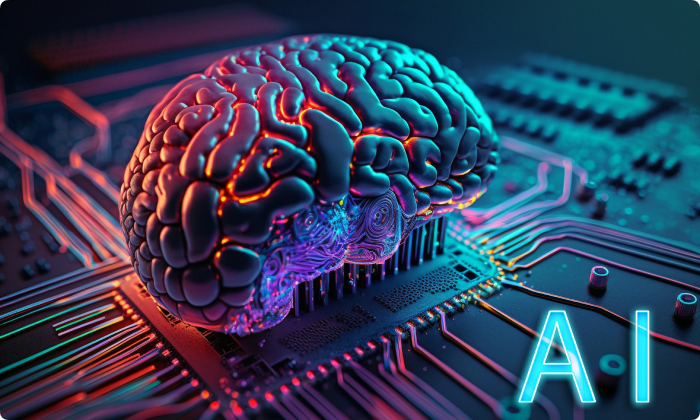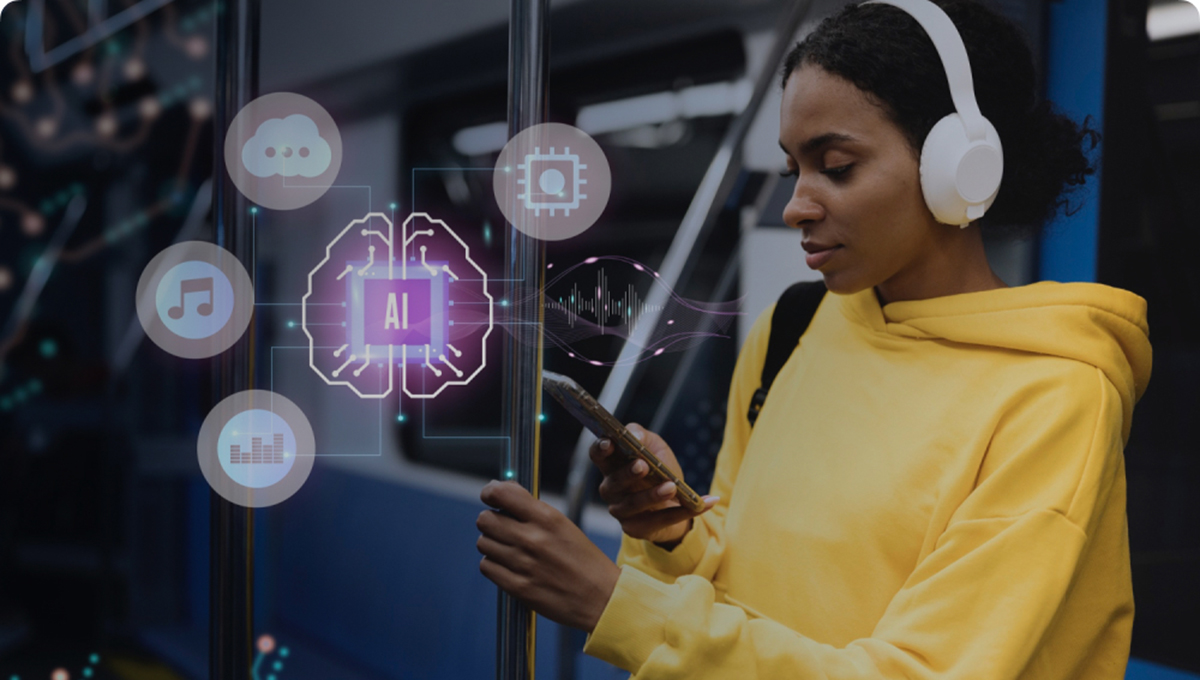The intersection of Artificial Intelligence (AI) and educational technology (Edtech) has paved the way for innovative tools that transform both teaching and learning. As we step into 2024, the integration of AI within the Edtech sector continues to evolve, bringing forth sophisticated solutions that promise a more personalized, efficient, and engaging educational experience.
AI is no longer a futuristic concept but a tangible reality in the classroom and beyond. In this article, we’ll delve into the most groundbreaking AI integrations that Edtech innovators and startups should watch out for in 2024. Aimed at professionals in the tech and educational sectors, this post highlights the AI-driven transformations that are setting trends and shaping the future of education.
AI EdTech APIs
In recent years, we’ve witnessed a surge in AI APIs that offer Edtech developers a modular and accessible approach to integrate advanced technologies into their applications. These include:
- Natural Language Processing (NLP): APIs for NLP can comprehensively understand, interpret, and generate human languages, enabling apps to provide instant feedback on language learning, grammar, and writing.
- Machine Learning and Predictive Analytics: These tools can analyze student performance data to predict learning outcomes, identify potential challenges, and tailor educational experiences to individual student needs.
- Computer Vision: Used in immersive educational environments, computer vision enables real-time interaction and augmented reality experiences that make learning more engaging.
- Speech Recognition: By incorporating speech recognition, language learning apps have become more interactive, allowing real-time pronunciation feedback and conversational AI tutors.
Several EdTech startups are already harnessing the power of AI to transform education. For instance, EduAI has developed a platform that uses ML and predictive analytics to create dynamic study plans that adapt to student progress. LangBot, on the other hand, leverages NLP and speech recognition to simulate natural conversations in foreign languages, offering a deeply immersive learning experience. Additionally, VisionEd uses computer vision to turn traditional textbooks into interactive 3D experiences, truly modernizing the way students interact with educational content. These examples not only illustrate the potential of AI in education but also signal a shift towards more personalized and engaging learning pathways. As technology continues to advance, we can expect to see even more innovative applications of AI in education, ultimately transforming the way we teach and learn. With the help of APIs for NLP and other AI tools, students will be able to receive personalized feedback and support, making learning more efficient and effective than ever before. The possibilities are endless, and the future of education looks brighter
Incorporating these APIs allows Edtech applications to create a more customized and responsive learning environment, meeting the needs of educators and learners alike.

AI EdTech Ethics and Governance
As AI in Edtech grows, so does the need for robust ethics and governance frameworks to ensure these technologies are used responsibly. In 2024, the conversation around AI ethics in education centers around several key areas:
- Data Privacy and Security: With the increased use of AI comes the collection of sensitive student data. It’s imperative that Edtech developers prioritize protecting this information from breaches and unauthorized access.
- Bias and Fairness: AI systems must be designed to be as unbiased as possible to ensure equitable learning experiences. This requires diverse datasets and continuous monitoring for discriminatory patterns.
- Transparency and Accountability: Users must understand how AI-powered Edtech tools make decisions that affect learning outcomes, with clear processes for holding developers and platforms accountable.
- Inclusion and Accessibility: AI should be leveraged to make education more accessible to students with disabilities, not create further barriers to learning.
The governance of AI in education involves a collaboration between technology providers, educational institutions, policymakers, and the community to establish best practices and standards. The aim is to foster innovation while protecting the rights and interests of all stakeholders involved in the educational process.
The integration of AI in education, while beneficial, is not without its challenges and risks. Potential issues include:
- Over-reliance on Technology: There is a danger in becoming too dependent on AI, leading to a possible erosion of critical thinking and problem-solving skills in students if technology is tasked with too much of the cognitive load.
- Digital Divide: Economic disparities can lead to unequal access to AI-powered resources, exacerbating the educational divide between different socio-economic groups.
- Systemic Failures: AI-driven systems may fail or malfunction, potentially disrupting the learning process or causing the loss of valuable educational data.
- Unintended Consequences: As AI evolves, it might lead to unforeseen outcomes, including the displacement of educational professionals or shifts in educational paradigms that are not entirely beneficial to learning.
- Manipulation and Misuse: There’s also the risk of AI being used to manipulate learner behavior or data being used for purposes other than education, such as commercial exploitation or surveillance.
Identifying and mitigating these risks are crucial to ensure that the adoption of AI in education maximizes the benefits while protecting students and educators.
AI in Edtech is advancing at a rapid pace, with each year ushering in new possibilities. As we look to 2024 and beyond, AI integrations will continue to define and refine the educational landscape, promising a future where technology and human intelligence work hand in hand to deliver the best educational outcomes.
For tech innovators and Edtech professionals, staying abreast of these developments is not just about keeping pace with the competition—it’s about driving forward the mission of making effective education more accessible, engaging, and tailored to every learner.
As we embrace this fusion of artificial intelligence with education, practical applications of AI have become more apparent and varied. Personalized learning environments can be created using AI to adapt to the individual learning pace and style of each student, allowing for more effective teaching strategies. Moreover, natural language processing tools are being employed to facilitate real-time language translation and tutoring, breaking down language barriers and aiding global learning collaborations. In the administration realm, AI-driven analytics can predict student performance, enabling early interventions for those who may struggle, and allocate resources more effectively for diverse learning needs. These applications are just the tip of the iceberg, as AI continues to expand its footprint in the educational sector, paving the way for transformative learning experiences.
Are you at the helm of an Edtech startup or a key player in educational technology development? Keep your finger on the pulse of innovation by exploring the AI integrations discussed in this post. Begin by evaluating your current tools, considering how AI could enhance or revolutionize your offering. The future awaits, and the time to act is now — let’s craft extraordinary learning experiences together with the help of AI!






